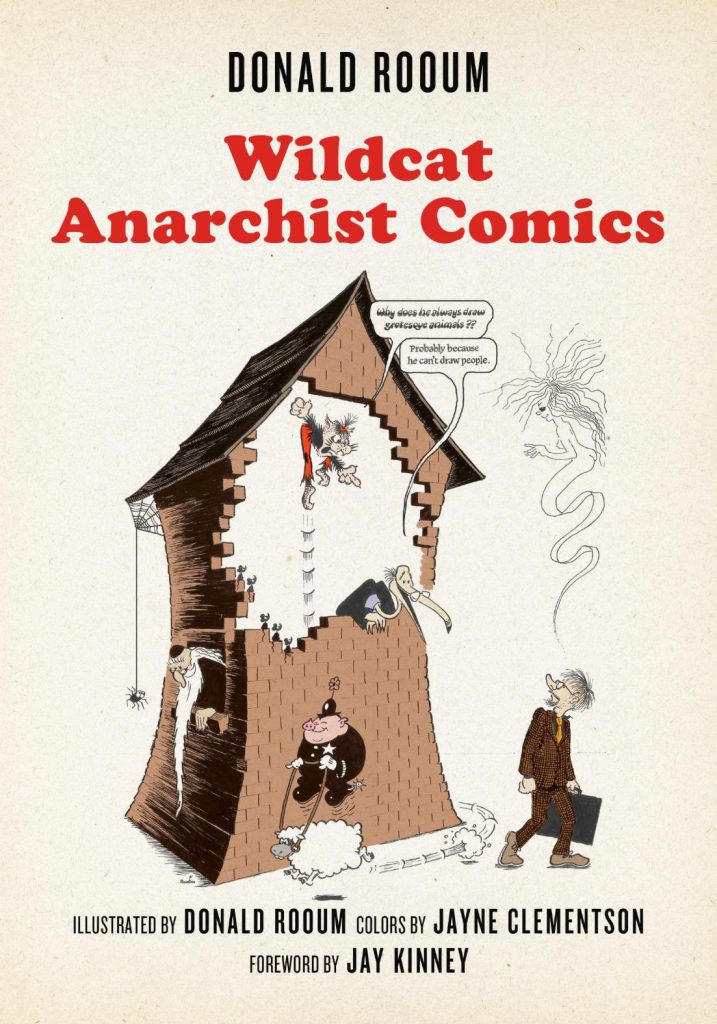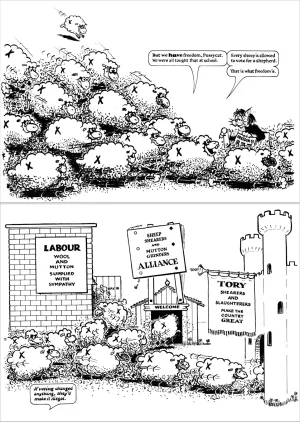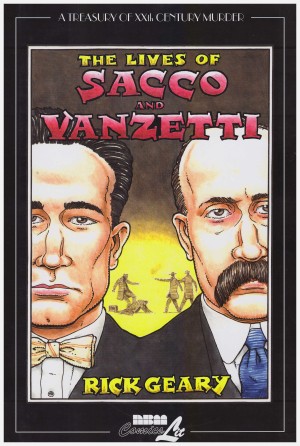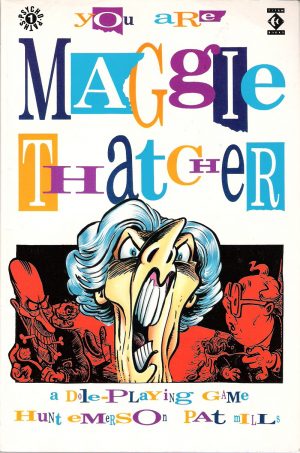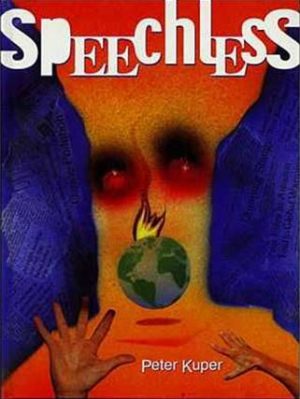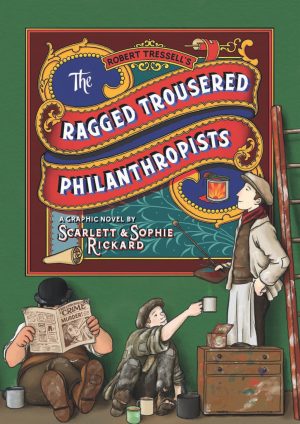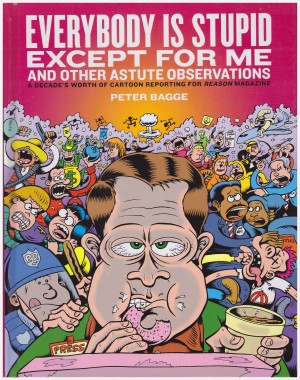Review by Win Wiacek
Donald Rooum became an Anarchist in 1944 and fought the good, reasoned, acerbic but never strident fight for his particular non-political ethical standpoint since the 1950s. This was most notably, in cartoon form, where he delivered payloads of well-reasoned integrity and intellectual challenge.
One of his last works was Wildcat Anarchist Comics (available in both traditional paperback and cutting edge digitality), combining a long-overdue and far too short autobiography with a selection of his decades of cartoon triumphs. Rooum usually worked in black and white, but most of this material was diligently coloured by Jayne Clementson.
Introduction ‘How and Why I Became an Anarchist’ provides historical background, revelatory moments and quite a few laughs before ‘More Autobiographical Stuff (in case anyone might be interested)’ traces his early exploits.
His changing British case law covers three chapters, giving his side of a time in 1963 when a high-ranking police officer tried (not for the first time and too often successfully) to frame CND protesters, anti-monarchists and anyone else he didn’t like with planted evidence. Rooum was instrumental in the downfall of said corrupt policeman.
The majority of the section dubbed ‘The Comics’ is filled with his signature star, eponymous impatient instigator Wildcat. She is a strident, impatient and unstoppable anthropomorphic feline who has spent decades on the pages of Freedom magazine, puncturing pomposity, inviting debate – and also abruptly ending it – whilst attempting to educate the willing in the ways the world works. She hangs around with a strange crowd of meek but dedicated, intellectual souls such as The Free Range Egghead who offers counterpoint and calming tones.
The Enemy is exemplified as Governments, Police, Big Business, The Church and smug Know-It-Alls of all nations, but there are always telling shots at Anarchists themselves – who, as you might suspect, are usually their own worst enemies if there are more than three in any location at once.
The truly amazing – and most depressing – thing is not the superb drawing talent displayed nor even the range of subjects that fall under the bellicose scrutiny of his team of lampooning and lambasting characters. It is that the issues Rooum and his occasional collaborators highlight and skewer never go away. The names and faces of political and industrial scoundrels and mountebanks may change, but the mistakes and problems they create just keep going.
An Anarchist Alphabet is reproduced in its entirety: a discourse and primer on the true meaning and terminology of work and society as viewed from a purely Anarchist perspective. Attending a lecture in a church hall, we see some funny and thought-provoking alternatives to commercialism and globalism, and the discussion portion after the lesson continues the mirth with worth.
We take a trip into history next as ‘Spartapuss’ gives a long view on the struggle for autonomy and self-reliance, and subsequent strips tackle some big subjects. Rooum views Christian creation myth with typically gentle savagery and wit, and reveals the true human costs and rewards of trying to buy love.
Clever, challenging, and potentially life-changing: surely this is what all art dreams of being? And it makes you laugh too. This is a must-have item for any child of the 21st century.
